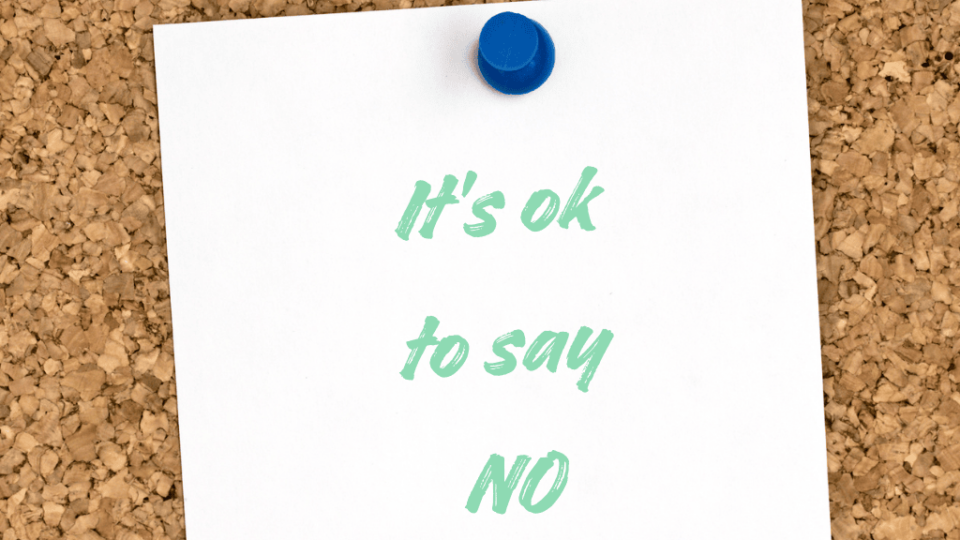
Why Escalating Behaviour Gets Results
Escalating behaviour gets results when children realise that their persistence and heightened reactions lead to their desired outcome. Whether it’s getting that snack they’ve been told no to, avoiding bedtime, or receiving a toy they spotted in the shop, children quickly learn that a tantrum often changes a parent’s “no” to a reluctant “fine, just this once.”
This happens for several reasons. Parents may give in out of frustration, attempt to negotiate with their child to restore peace, or feel embarrassed by the outburst—especially in public – and do whatever it takes to make it stop. Unfortunately, each time challenging behaviour in children gets results, it reinforces the idea for your child that pushing boundaries and acting out is an effective strategy.

The Impact of Escalating Behaviour on Your Child
When escalating behaviour gets results, it creates a loop where children feel empowered to push harder next time. Over time, this can lead to more frequent and intense episodes, making it harder to establish authority or set boundaries. Children may also struggle to develop healthy emotional regulation skills, as they aren’t learning alternative ways to express frustration or disappointment.
Breaking this cycle not only stops the behaviour but also helps your child build resilience, patience, and problem-solving skills—tools that are essential for their development.
How to Break the Cycle
The good news is that when children behaviour escalates to gets results, you can take steps to turn things around. By implementing consistent strategies and setting clear expectations, you’ll gradually teach your child that tantrums and escalating behaviour are no longer effective. Here’s how:
1. Stay Calm and Consistent
Children thrive on consistency. When escalating behaviour gets results, it’s often because responses from parents are inconsistent. The next time your child begins to whine or escalate, remain calm and stick to your initial decision. Whether you said no to a snack or refused a screen-time request, don’t waver.
2. Set Firm but Fair Boundaries
Clear boundaries help children understand what is and isn’t acceptable. When escalating behaviour gets results, it often indicates that boundaries need to be reinforced. Communicate expectations clearly, such as, “You can ask politely, but shouting won’t change my decision.” Over time, your child will learn that boundaries are consistent and not negotiable through emotional outbursts.
3. Avoid Negotiating or Giving In
When escalating behaviour gets results, it’s often because parents begin to negotiate. This signals to your child that their behaviour is working. Instead of engaging in back-and-forth discussions, keep responses short and consistent. For example, say, “We’ve already discussed this,” and resist being drawn into further debate.
4. Acknowledge Emotions Without Rewarding Behaviour
When escalating behaviour gets results, it can be tempting to shut it down immediately. Instead, try to validate your child’s feelings without giving in to their demands. For instance, say, “I can see that you’re upset, but shouting isn’t the way to solve this.” This approach helps your child feel heard while reinforcing that escalated behaviour won’t yield the desired outcome.
5. Plan for Escalation in Public
Tantrums in children are a normal part of development, but dealing with them in public can feel overwhelming. Many parents give in due to perceived judgment or embarrassment, but how you handle tantrums at home plays a crucial role in these public moments. The key is preparation and consistency. Set clear expectations at home, so your child knows what to expect, and practice calm responses to tantrums without giving in. This way, you’re not just addressing the behaviour in the moment—you’re creating a foundation of trust and understanding that carries over into all environments.

How We Can Help
If you’re struggling to manage these situations, you’re not alone. When escalating behaviour gets results, it’s often difficult to regain control without support. That’s where we come in. We work closely with parents to identify patterns, provide personalised strategies, and build your confidence in handling these moments.
By equipping you with the tools to navigate escalated behaviour effectively, we’ll help you break the cycle and create a calmer, more cooperative home environment. With the right approach, your child will learn that escalating behaviour no longer works, paving the way for healthier communication and emotional growth.
Take Back Control
When escalating behaviour gets results, it’s easy to feel overwhelmed or powerless. But change is possible. By staying calm, setting clear boundaries, and remaining consistent, you’ll teach your child new ways to express their needs and emotions. With time, patience, and the right strategies, you can break the cycle and foster a more positive dynamic with your child.
Are you ready to take the first step? Let’s work together to regain control and create lasting change.
Latest News

The Pendulum Has Swung Too Far: Restoring Balance in Parenting

A Child’s Real Needs vs Perceived Needs: Helping Your Child Thrive

How To Foster Independence In Your Child Without Losing Control
Contact Us
Contact Katherine Elizabeth today to arrange a no-obligation, free telephone consultation and find out how our personalised parent coaching could be the solution for your family.

